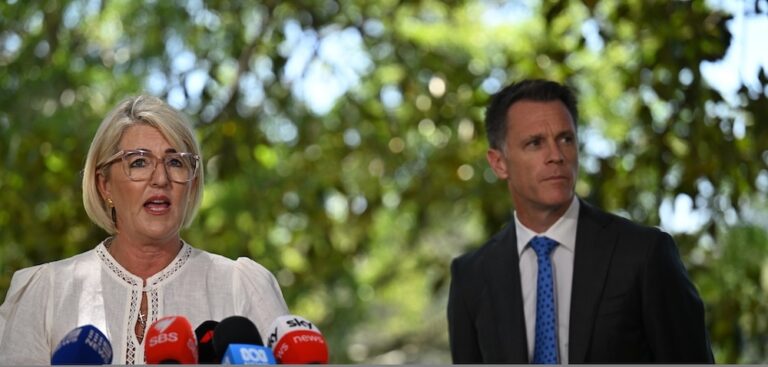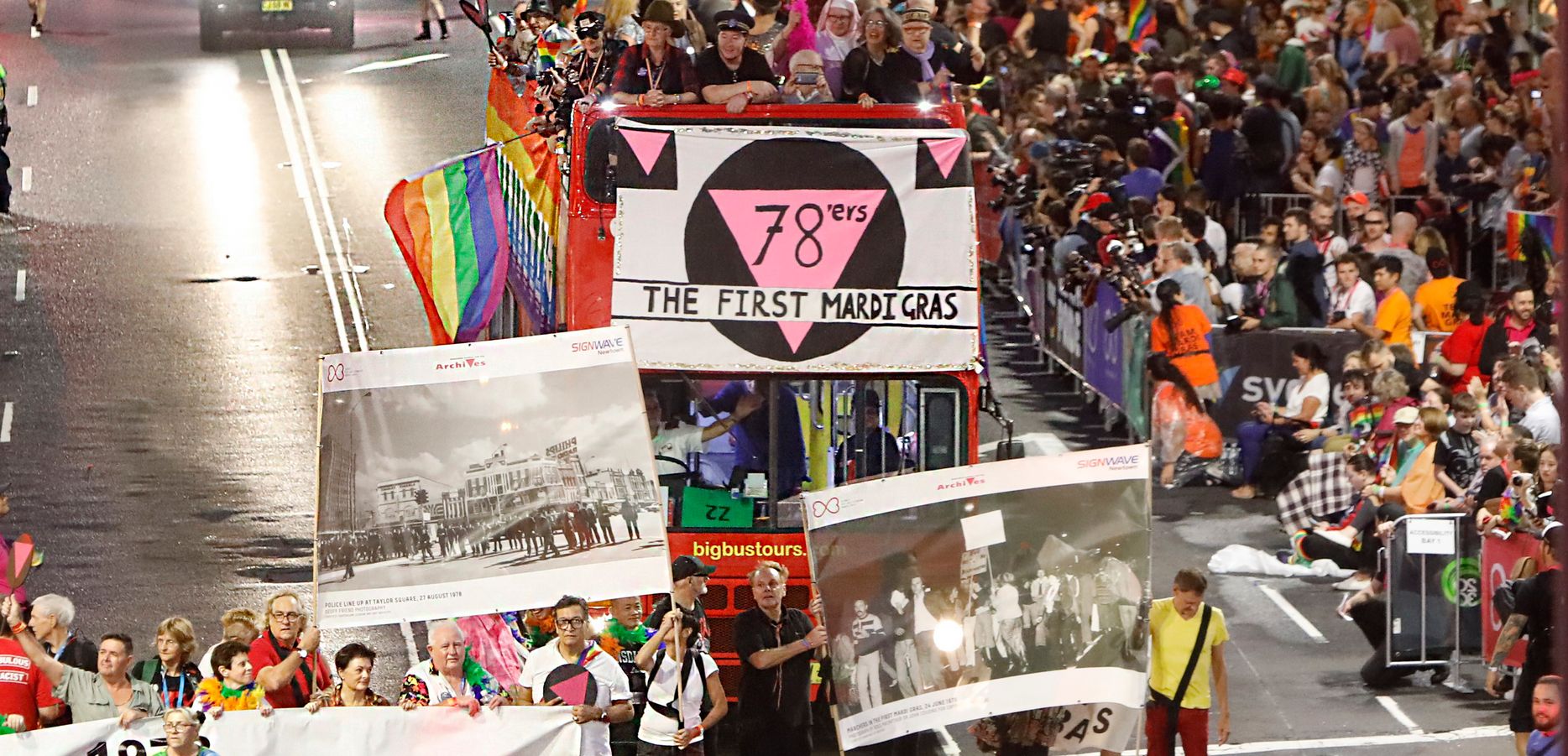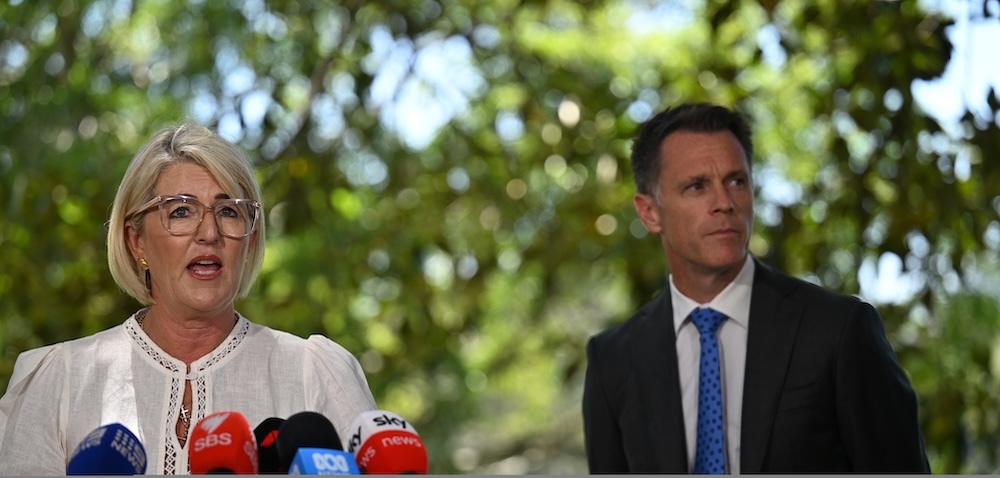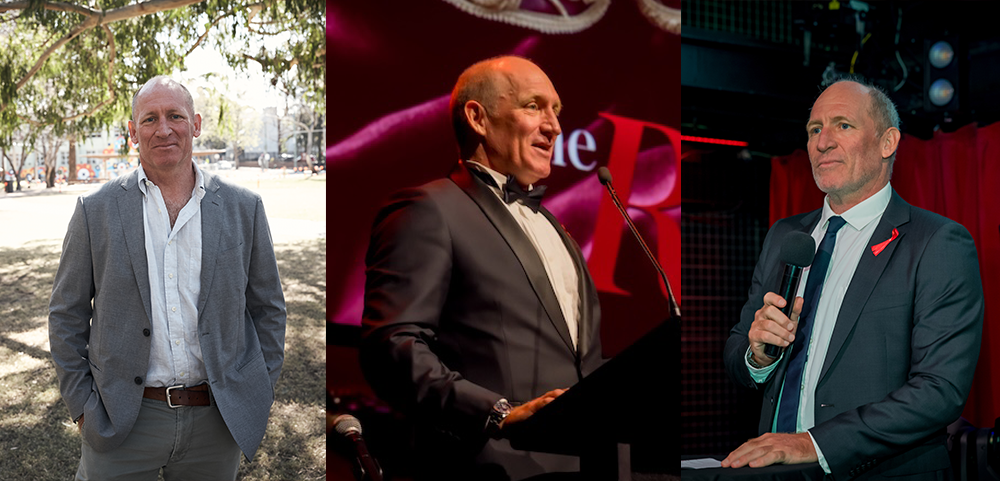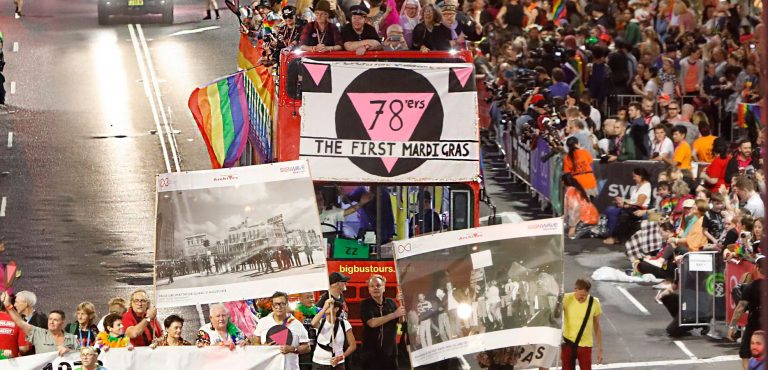
Act follows suit
Gay, lesbian, bisexual, transgender and intersex people in the ACT took a step towards equal rights this week, with chief minister Jon Stanhope calling for cross-legislation reform.
Stanhope introduced the Legislation (Gay, Lesbian And Transgender) Amendment Bill, which would see discriminatory language taken out of 37 different pieces of ACT law.
Similar to the missing pieces bill which passed into NSW law earlier this year, this bill makes the ACT the latest state or territory to try to bring the wording of some of its older legislation into line.
Western Australia passed similar laws in September, and took it further, granting adoption rights for co-parents, recognising co-parents in lesbian relationships and making 16 years the uniform age of consent for everyone, straight, gay, male or female.
The ACT overhaul did not deal with adoption rights or legal recognition of same-sex relationships, but those issues could be dealt with after consultation with community members and organisations, Stanhope said.
Stanhope said the reforms had been on the agenda for the ACT for years.
Everyone is entitled to respect, dignity and the right to participate in society and to receive the protection of the law regardless of their sexual orientation or gender identity, Stanhope said.
The ACT branch of the Australian Labor Party has had the removal of discrimination against gay and lesbian persons as part of its platform for a number of years. The ACT government, like other Australian jurisdictions, is committed to moving on this issue.
The next stage of law reform involved more complex matters, Stanhope said, and required consultation. It would deal with the recognition of same-sex relationships in the law, the creation of anti-vilification legislation and the recognition of transgender and intersex people.
The attorney-general’s office has created an issues paper outlining potential reforms for ACT laws. The paper will be distributed to community groups and other interested people for comment.
The results of the community consultation will form the basis of a report which will be presented to the ACT lower house on 1 May next year.
The feedback will also be used to inform the development of the stage two amendments and for any fine-tuning of the stage one amendments, Stanhope said.

